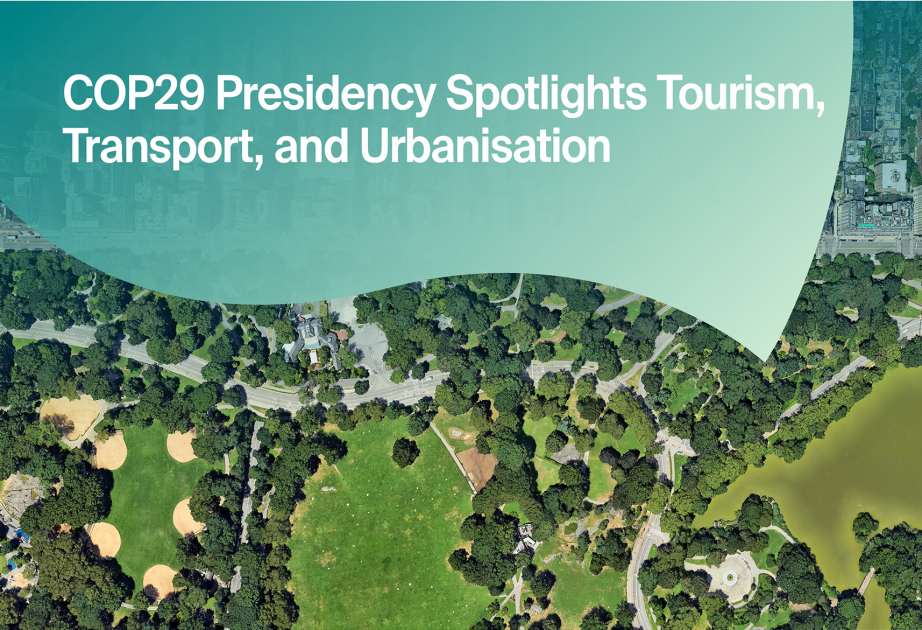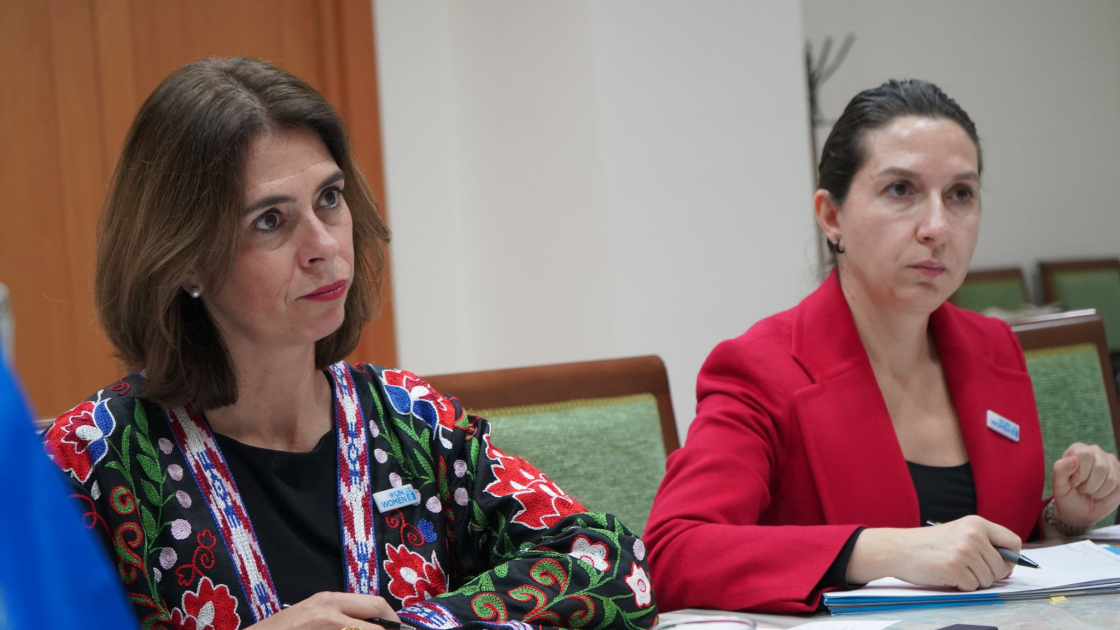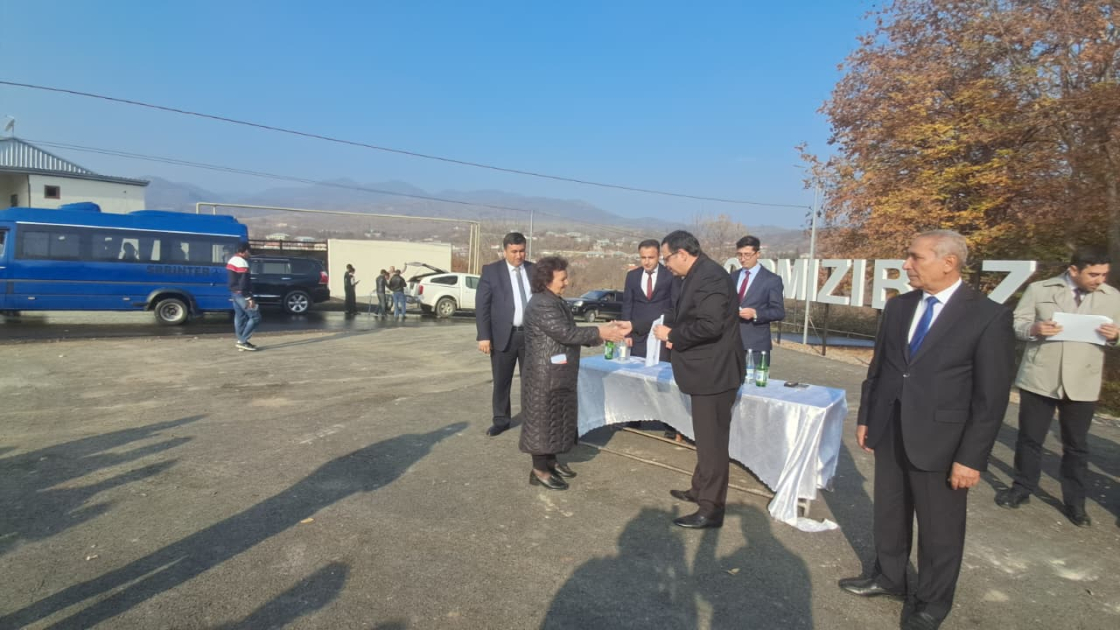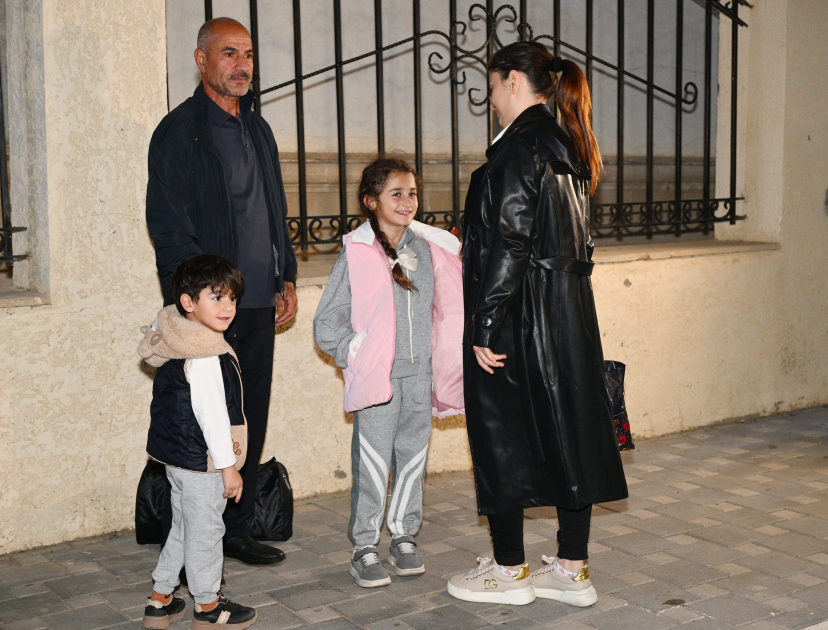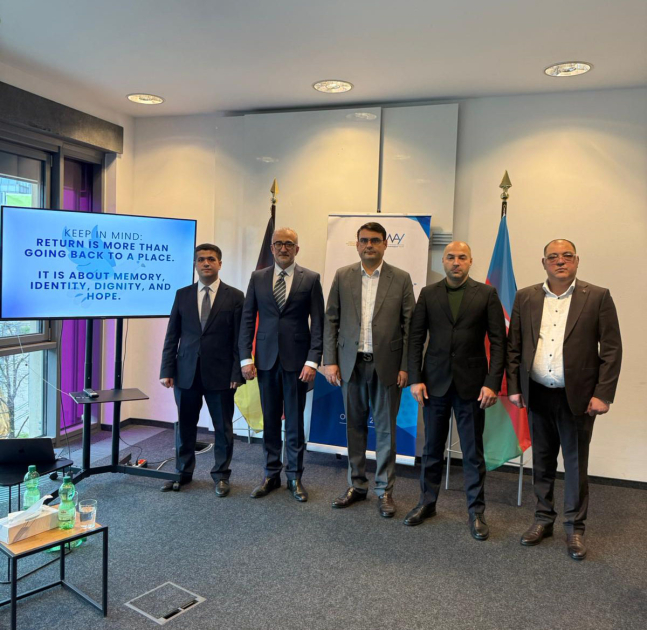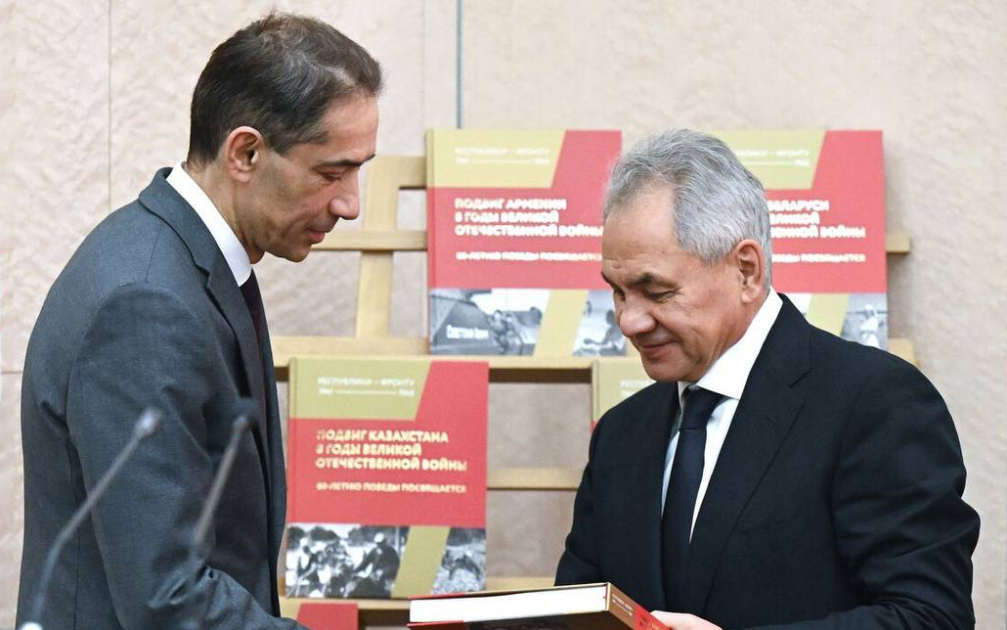On the tenth day of COP29, thematic sessions centered on urbanization, transport and tourism. The day was marked by the launch of two key initiatives: the COP29 MAP Declaration for Resilient and Healthy Cities and the COP29 Declaration on Enhanced Climate Action in Tourism.
These initiatives are set to play a vital role in tackling climate change and promoting urban resilience. With its tourism declaration, the COP29 Presidency is focused on supporting the tourism sector, a key economic driver, in adopting sustainable practices to reduce its environmental impact. This is the first time that the COP Presidency has organized a tourism focused thematic day whilst the MAP Declaration calls for cross-sector collaboration to create cities that are resilient and inclusive.
Together, these initiatives set the stage for global action towards a sustainable future. The commitments they represent are vital for shaping the path to COP30 and will play a crucial role in advancing urban climate strategies and solutions.
COP29 Declaration on Enhanced Climate Action in Tourism
Launched in partnership with UN Tourism, the COP29 tourism initiative aims to drive climate action within the global tourism sector. A number of ministers and other high-level representatives participated in the First Ministerial Meeting on Enhanced Climate Action in Tourism, where the COP29 Presidency unveiled ambitious plans to align the sector with climate action goals.
Commenting on the launch of the COP29 Tourism Initiative, COP29 President Mukhtar Babayev said, “The inclusion of tourism in the UN Climate Change COP29 Action Agenda for the first time, under the Presidency of Azerbaijan, represents a milestone for an important economic and environmental sector. Tourism is a major driver of economic growth and development, providing direct and indirect livelihoods for hundreds of millions of people. However, the sector is a significant contributor to global greenhouse gas emissions, poses pressures on ecosystems, and is itself highly vulnerable to the effects of climate change, including rising sea levels, biodiversity loss, and extreme weather events.
We are launching the COP29 Declaration on Enhanced Climate Action in Tourism, which urges us to think creatively and collaboratively about how to transform tourism into a climate-resilient, low-carbon sector that contributes not only to economic development but also to global sustainability. At COP29, it’s time to enhance ambition and enable action. We need to protect our natural heritage to create a sustainable future for tourism and the environment.”
As part of COP29’s Tourism Day, the following objectives have been outlined:
- Policy change: Launching the Baku Declaration on Enhanced Climate Action in Tourism, as a call to action to explore the inclusion of national tourism administrations’ contributions, as applicable, to developing and achieving the next set of Nationally Determined Contributions (NDCs) to the Paris Agreement and to enhance the integration of climate action in tourism policies.
- Sectoral engagement: Strengthening the Glasgow Declaration on Climate Action in Tourism as a voluntary commitment to support national climate goals, by increasing the number of national tourism administrations (and national tourism organisations) and tourism stakeholders making commitments to implement integrated climate mitigation and adaptation approaches.
- Continuity of the initiative within climate action: Establishment of a special coordination mechanism to ensure the continued engagement of tourism within the framework of UN Climate Change Conferences.
Zurab Pololikashvili, Secretary-General of the UN World Tourism Organization (UN Tourism), remarked, "According to the latest scientific research available, tourism currently accounts for an estimated 8.8% of global carbon emissions. We are committed to realising the sector's remarkable potential to drive transformative change. By prioritising innovation, decarbonisation and regeneration, we can make sure tourism plays a key role in global climate solutions. Beyond its role as an economic lifeline for communities and societies, tourism is uniquely positioned to be a powerful catalyst for sustainable, climate-resilient development.”
Fuad Naghiyev, Chairman of Azerbaijan’s State Tourism Agency added, “We are delighted to see tourism form an integral part of COP29’s Action Agenda and to be involved in the first ever dedicated thematic day on tourism in the history of COP. Today marks the introduction of the COP29 Declaration on Enhanced Climate Action in Tourism, serving as a strategic framework for aligning the tourism sector with national and global climate agendas, including Nationally Determined Contributions (NDCs). The formal acknowledgment of tourism's critical role in combating climate change at COP29 will establish a lasting precedent for future COP deliberations. With over 50 countries endorsing the declaration to date, we anticipate continued growth in global support.”
COP29 MAP Declaration for Resilient and Healthy Cities
Launched in partnership with UN-Habitat, the MAP Declaration focuses on addressing the challenges of climate change in urban environments. It calls for increased cross-sector engagement from local to global levels, with an emphasis on healthy cities, urban sustainable transport, climate resilience, green construction, agriculture and nature-based solutions in cities and urban climate finance.
A High-Level Opening on Multilevel and Multisectoral Climate Action meeting, followed by four high-level roundtables, held earlier today focused on key commitments and actions to enhance urban resilience and healthy cities in the face of climate change. Discussions centered on improving urban infrastructure, integrating climate action into city planning and fostering collaboration across governments, businesses and communities.
Commenting on the launch of the COP29 MAP Declaration, COP29 President remarked, “Amid the urgent need to transform our cities into resilient, sustainable spaces, the COP29 Multisectoral Actions Pathway (MAP) Declaration serves as a catalyst for fostering cross-sector collaboration. By uniting experts from transport, infrastructure, urban planning, and environmental conservation, we can drive meaningful change that protects not only urban environments but enhances quality of life for all.”
Some of the highlights of the COP29 Presidency’s cross-sector, collaborative efforts on day ten to create cities that are resilient and inclusive include:
- Launching the MAP Declaration for Resilient and Healthy Cities: A strategic framework guiding urban resilience and health cities, shaping future climate negotiations through COP30.
- Signing of the Baku Continuity Coalition on Urban, Multisectoral and Multilevel Climate Action: A partnership across COP presidencies—COP27, COP28, COP29 and COP30—to ensure continuity in urban climate agendas and encourage future COP hosts to prioritize urban resilience.
- Strengthening global event synergies: Emphasis on aligning future urban climate and urbanization events, with Baku set to host the 2026 World Urban Forum and World Environment Day.
- Recognizing key partnerships: Highlighting initiatives like the Slovak Ministry of Environment and COP27 SURGe Initiative as models of advancing urban resilience through multilevel climate action.
Anacláudia Rossbach, United Nations Under-Secretary-General and Executive Director, United Nations Human Settlements Programme (UN-Habitat), said, “The Ministerial Meeting on Urbanization and Climate Change comes at a critical moment as countries are revising their Nationally Determined Contributions (NDCs). This meeting represents a key opportunity for dialogue that can help highlight the importance of aligning national strategies with local realities including the housing crisis, energy poverty, the loss of nature and biodiversity in cities and the challenge of financing development priorities. Ultimately, we believe this meeting will help maximize our collective impact in addressing climate challenges."
Anar Guliyev, Chair of the State Committee on Urban Planning and Architecture of the Republic of Azerbaijan, remarked, "I am proud to announce that, together with my colleagues from around the world and under the auspices of UN-Habitat, we launched the MAP for Resilient and Healthy Cities at the COP29 Urbanization and Climate Change Day. This groundbreaking document is the first of its kind, integrating the concept of healthy cities into the climate agenda and fostering stronger synergies between urban planning and climate action for sustainable development. As we look ahead to the World Urban Forum in Baku, we remain committed to taking transformative steps towards building sustainable urban futures, guided by our collective efforts within these established platforms."
Rashad Nabiyev, Minister of Digital Development and Transport, Republic of Azerbaijan, commented, “With a vision that integrates cutting-edge technology and human-centered design, Azerbaijan is paving the way for a greener, more connected future. As part of the government-launched Mobility Transformation Programme, we are introducing infrastructure for 100 kilometres of dedicated bike lanes and expanding public transport coverage to 90% of the population by optimizing routes, establishing dedicated bus lanes, and deploying a fleet of electric buses.”


